Contact center of the Ukrainian Judiciary 044 207-35-46
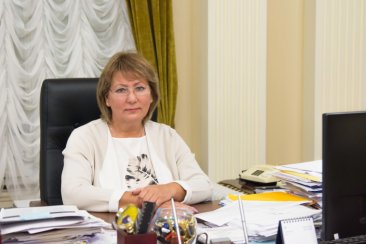
The Supreme Court, together with the United States Agency for International Development (USAID), the EU Project Pravo-Justice, the Council of Europe, and the representatives of the Venice Commission, organized a roundtable on "Cooperation of Different Branches of State Power in Ensuring the Integrity of Public Officials and Judges".
Supreme Court President Valentyna Danishevska thanked USAID and the Council of Europe institutions for their continued support in building the judiciary in Ukraine and strengthening its capacity.
"For many years now, the judiciary has been undergoing various transformations aimed at strengthening the independence of the judiciary and its impartiality. The Supreme Court resolves disputes that arise after the implementation of such transformations, and must assess very difficult categories: whether the purpose of these transformations is legitimate, whether the measures applied to public servants and judges are proportionate to the declared goal, whether such measures were necessary in a democratic society. Finding a balance between public and personal interests is quite difficult. In addition, we must motivate our decisions so that they are understood by society. Therefore, the experience of other countries and the case law of the European Court of Human Rights will be useful to us in resolving these difficult issues," said Valentyna Danishevska.
According to Vsevolod Kniaziev, the Secretary of the Grand Chamber of the Supreme Court, the integrity of civil servants and judges is one of the most important issues of concern to society.
"Vetting the integrity of judges is a difficult and sensitive issue, because its conduct and dismissal of a judge based on its results is in fact an interference with the independence of judges, so many people are concerned about this procedure. Our task is to work together to ensure that this intervention is proportionate and pursues a legitimate aim," stressed the Secretary of the Grand Chamber of the Supreme Court.
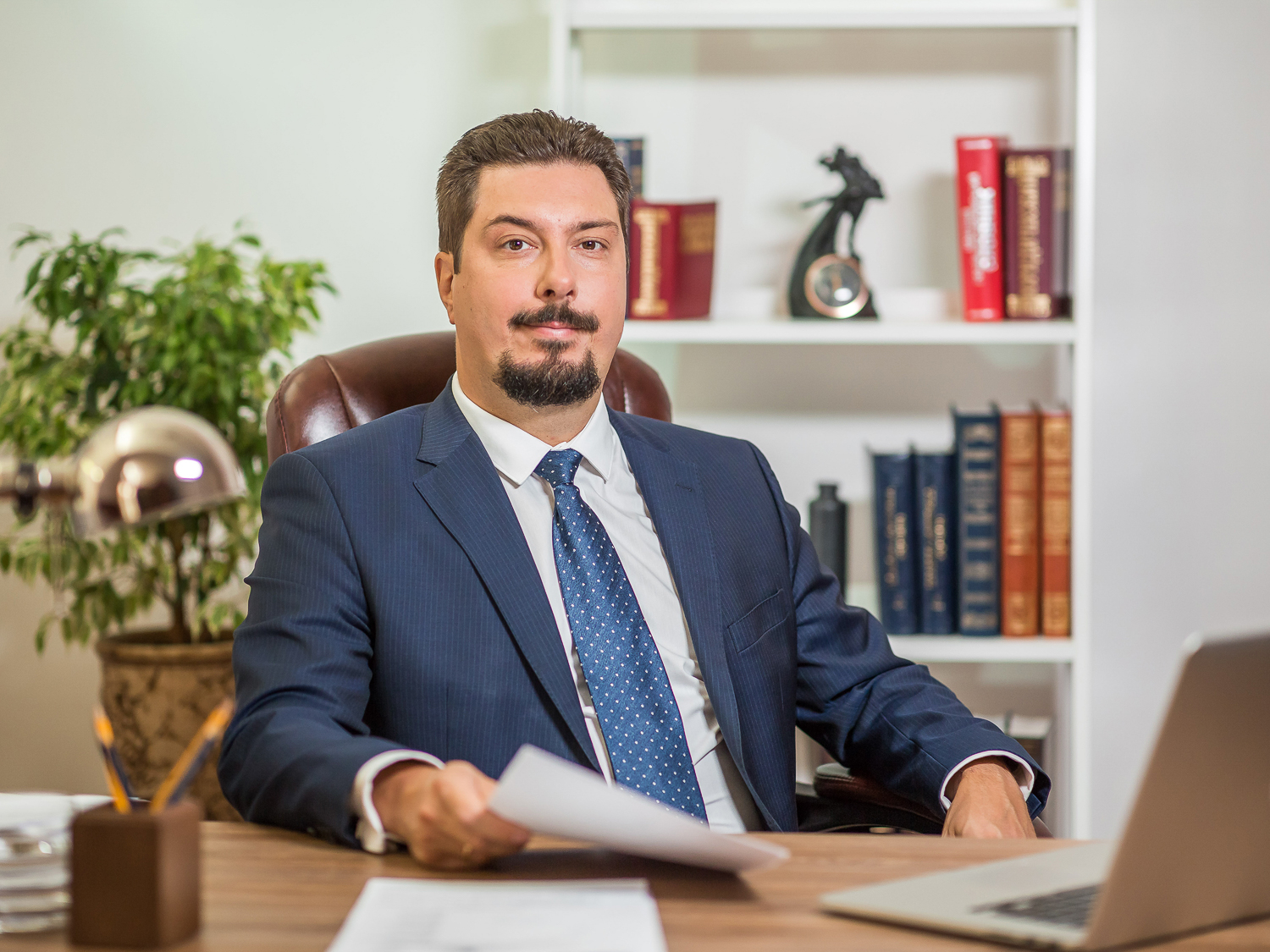
Vsevolod Kniaziev also noted that the Grand Chamber of the Supreme Court had considered a number of disputes arising from the vetting of the integrity of judges and prosecutors, and most of the decisions made as a result of such inspections were legal and reasonable.
"At the same time, we saw certain problems in this procedure and have ideas on how to improve it," said Vsevolod Kniaziev.
In his report, Hans Petter Graver, Professor at the Institute of Private Law at the University of Oslo (Norway), drew attention to the Bangalore Principles of Judicial Conduct and emphasized that a well-functioning judicial system needed respect from society. The independence of the judiciary, its transparency, and the personal and professional integrity of judges are essential factors in ensuring the credibility of judges.
According to Hans Petter Graver, a judge's integrity consists of several elements: a deep awareness of the rule of law, impartiality, and such virtues as courage, wisdom, justice, and restraint.
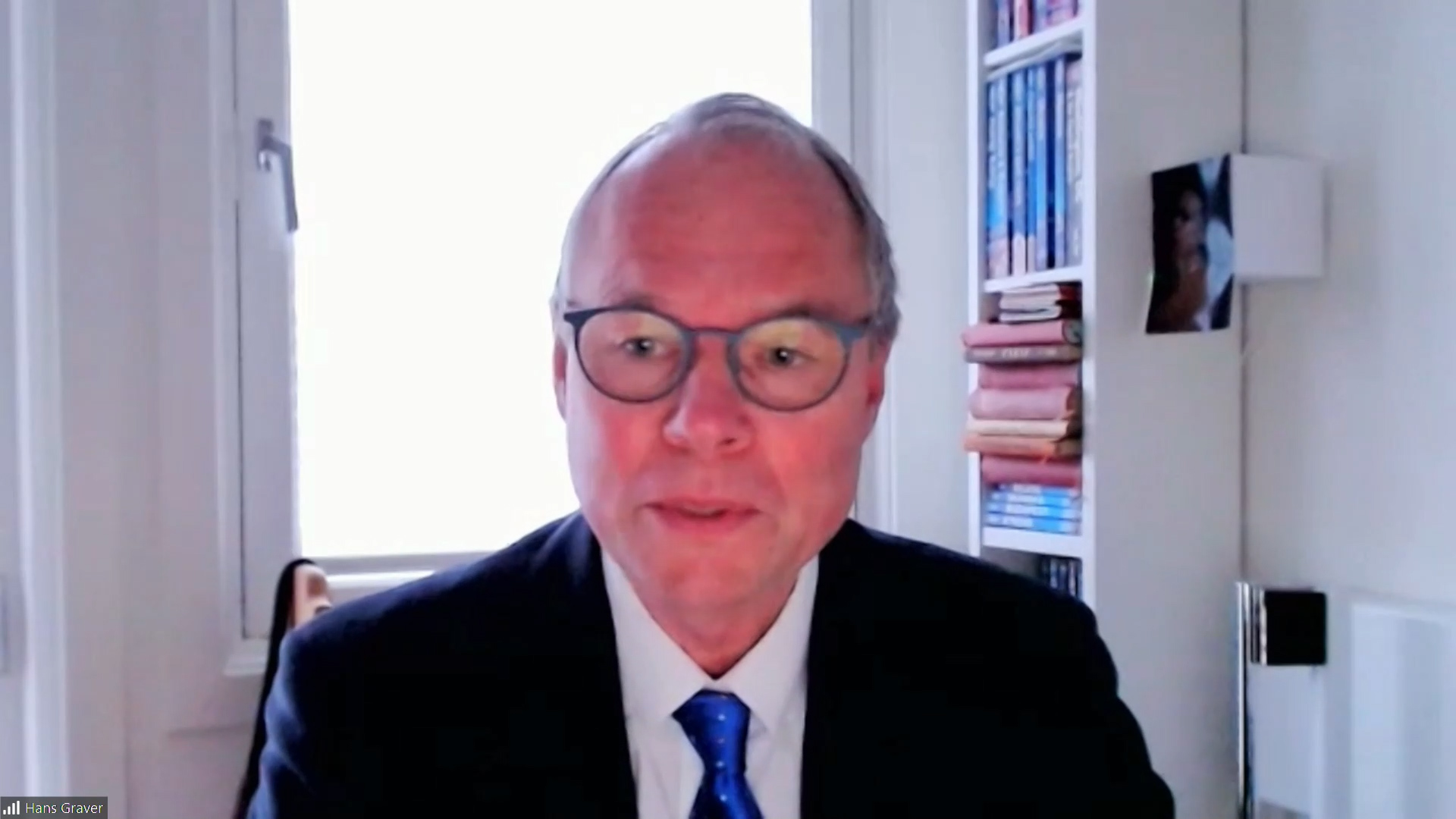
"Legislative and organizational changes, the creation of new institutions, salary increases and other similar measures ultimately prove futile in case there are no changes in ethical culture," the speaker concluded.
Oleksandra Yanovska, Judge of the Criminal Cassation Court within the Supreme Court, noted that over the course of thirty years Ukraine had been gradually moving towards changing and improving the principles on which the activities of public authorities were based.
"A well-known example comes to mind when Moses led the Hebrews through the wilderness for forty years, and only after that time was it possible to cross the barrier that separated the wilderness from the Promised Land, not physically but mentally. Just as this mental change could not have taken place then, so in Ukraine a momentary transition from the foundations on which the administration of justice in Soviet and post-Soviet times was based is impossible. Today we are just beginning to approach the border of the desert and understand what democracy is," the judge said.
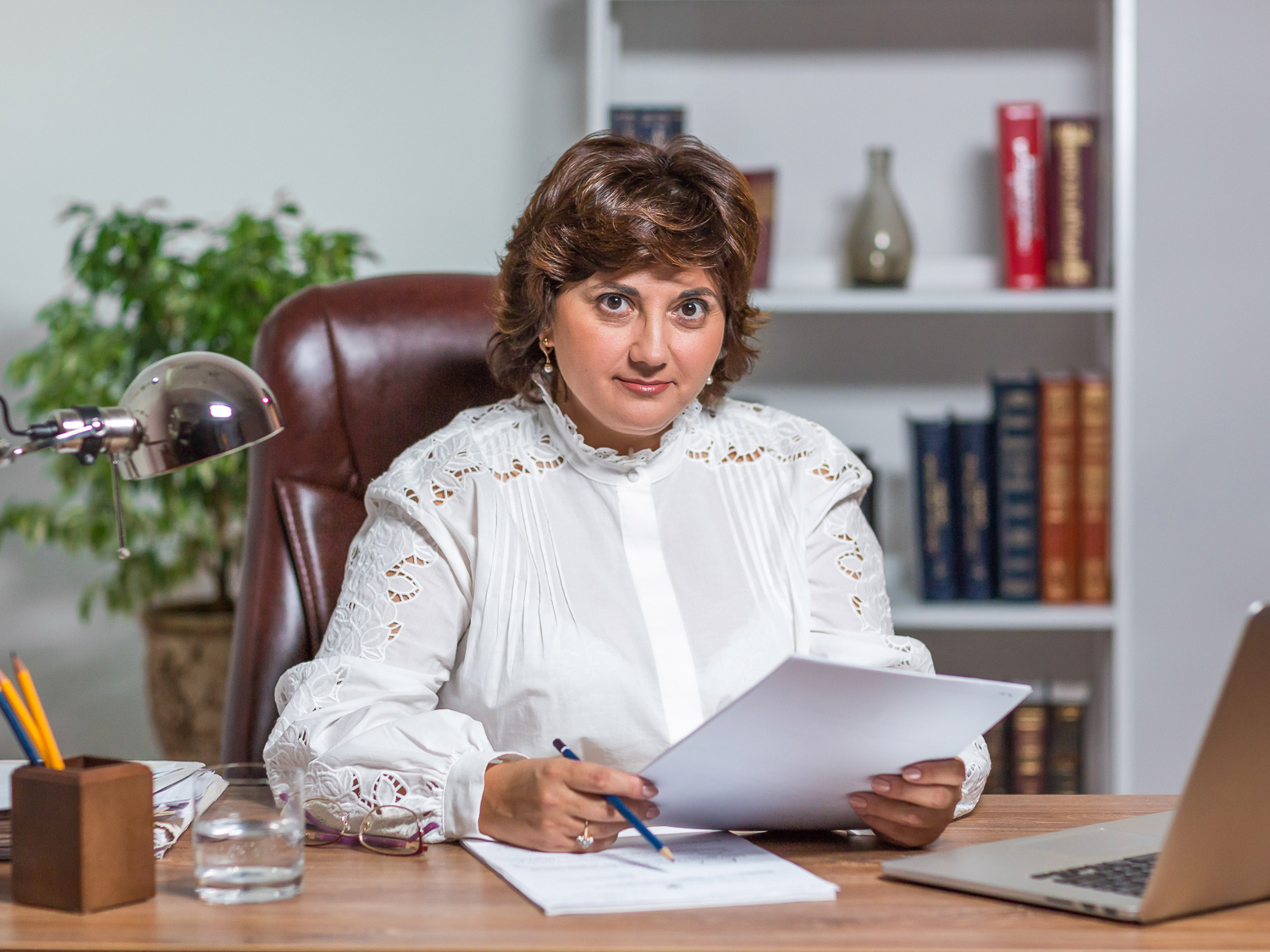
According to Oleksandra Yanovska, the purification of the judiciary and public servants, in particular by vetting integrity, is a means to increase the efficiency of public bodies and the level of public trust in them.
The judge also noted that the ECtHR had formulated an approach according to which the presumption of innocence was not applied when conducting a vetting of the integrity of judges, candidates for the position of judge and public servants, and the right not to testify against oneself was inapplicable - the fundamentals on which criminal proceedings are based. During the vetting, there can be formulated negative assumptions on which the conclusions of those bodies that carry out the vetting will be based.
"Such approaches of the ECtHR are very important for national judicial bodies, as we often confuse the standard of respect for human rights that is acceptable and necessary in criminal proceedings, the standards we apply to disciplinary proceedings, and the standards used in the process of vetting the integrity of public servants and judges," said Oleksandra Yanovska.
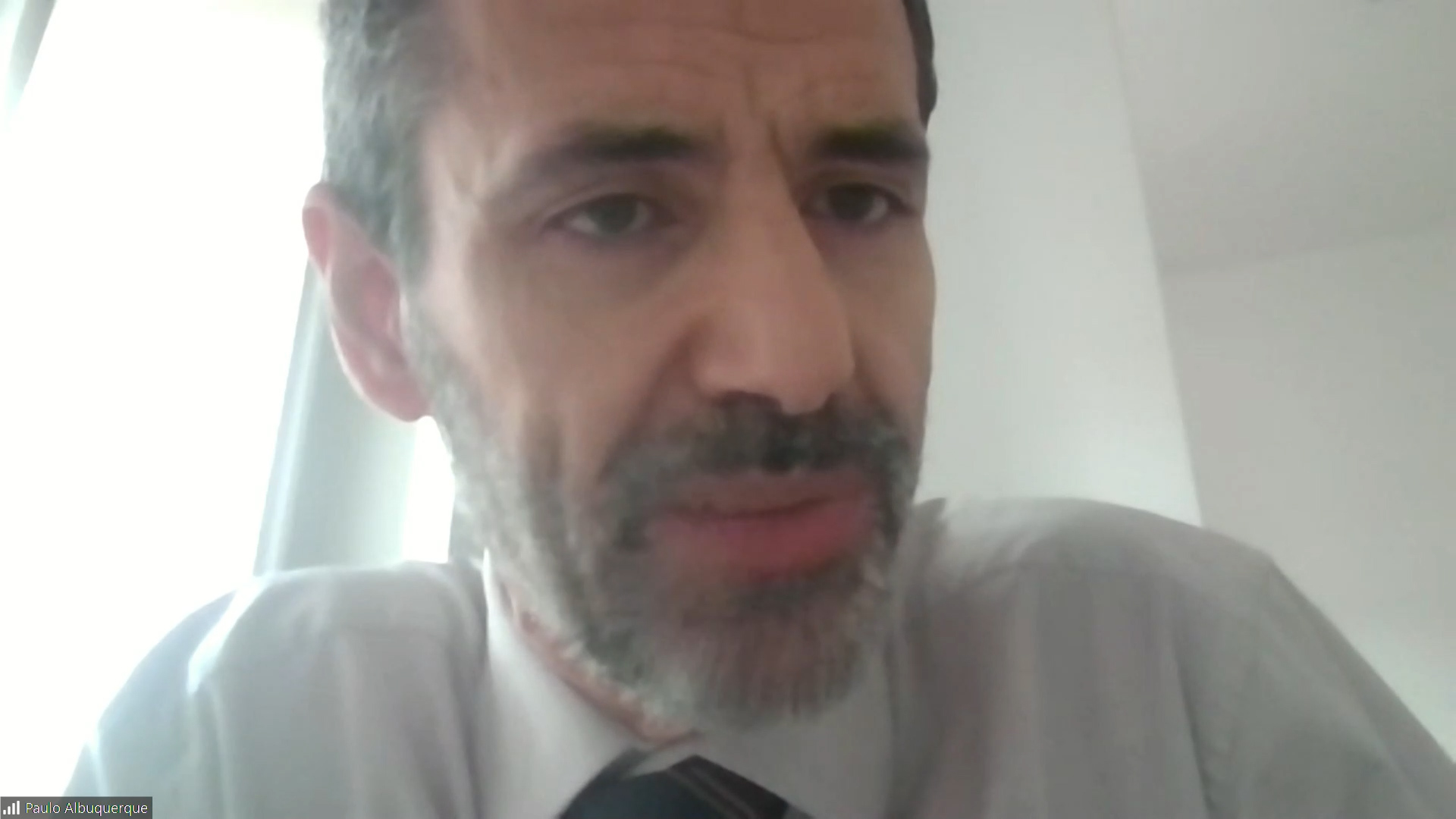
Paulo Pinto de Albuquerque, Judge of the European Court of Human Rights (2011-2020), Professor at the Faculty of Law of the Catholic University in Lisbon (Portugal), addressed the issue of judicial independence in the context of the appointment of judges and the processes of their vetting.
"We live in a time when judicial independence in many European countries is under threat. The alteration of disciplinary procedures, the opening of criminal powers against judges while weakening their right to defence and making the judge personally responsible for the decision are also becoming a trend, a means of control and pressure on the judiciary,” said Paulo Pinto de Albuquerque.
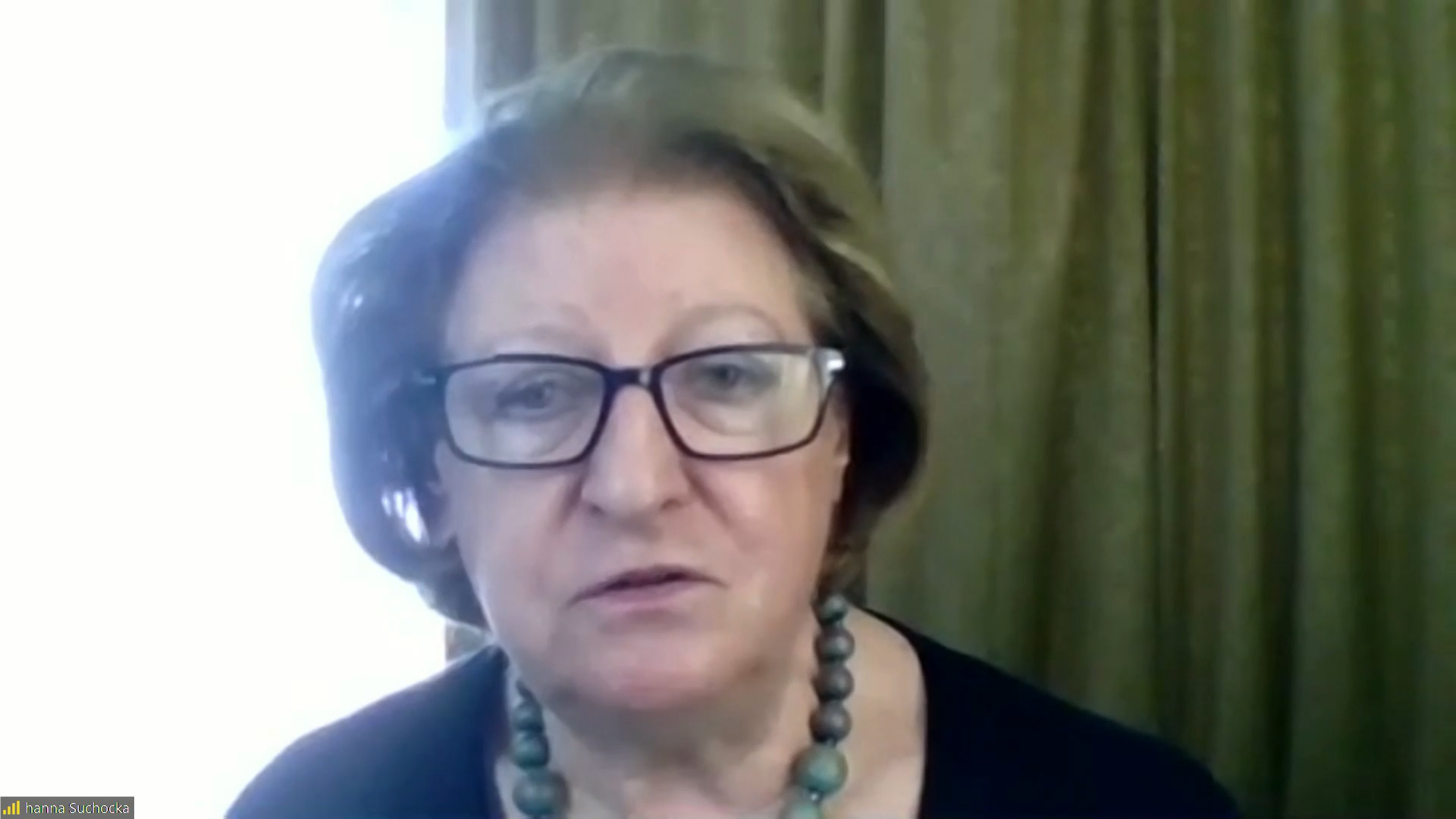
According to Anna Sukhotska, the Honorary President of the Venice Commission, the Venice Commission has repeatedly issued conclusions stating that the vetting of the integrity of judges and prosecutors is necessary to identify individuals whose non-integrity may adversely affect the public authority in which they work, to act against its independence and even to destroy the justice system.
"Integrity is a quality that allows a person to exercise his or her powers in accordance with the standards of the rule of law and fundamental human rights," summed up Anna Sukhotska.